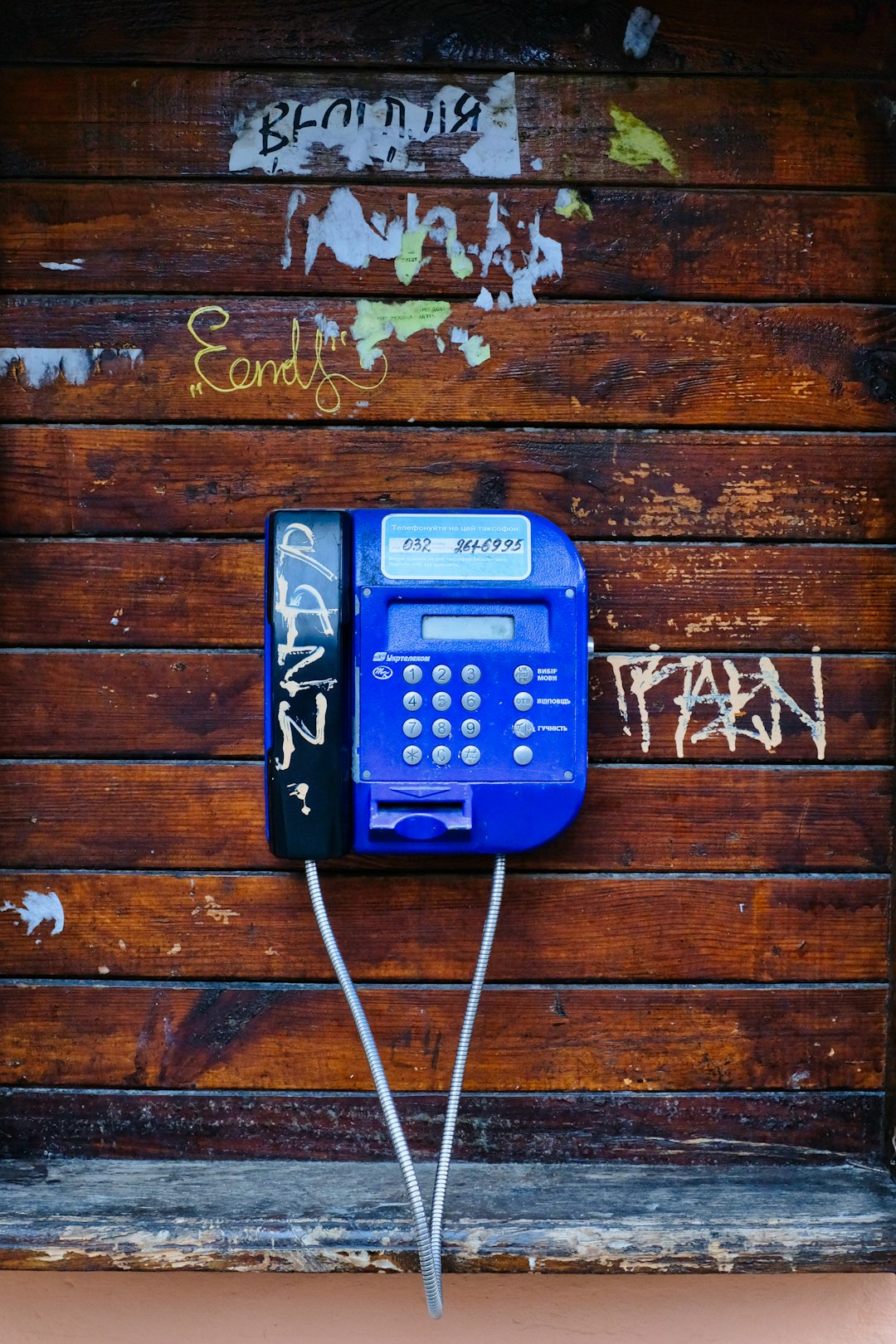In the digital age, unwanted robocalls are a widespread issue in Pennsylvania, with scammers using them for marketing, politics, and identity theft. Unwanted call attorneys in Pennsylvania help residents understand their rights, manage spam calls, and protect against risks like fraud and identity theft. They guide consumers on legal recourse under federal laws like TCPA and state legislation like UTPA. Residents can also protect themselves by using caller ID/blocking apps, not disclosing personal info unless initiated, staying informed about phishing tactics, and maintaining robust device security.
In today’s digital age, robocalls have become a ubiquitous yet unsettling part of daily life. With a particular prevalence in Pennsylvania, these automated calls pose more than just irritation—they represent a growing threat to individuals’ identity security. This article delves into the intricate link between robocalls and identity theft, exploring how unscrupulous callers exploit personal information. We also navigate the legal protections available to Pennsylvania residents through unwanted call attorneys and present effective strategies to mitigate these risks.
Understanding Robocalls and Their Prevalence in Pennsylvania

In today’s digital age, unwanted calls have become a ubiquitous part of daily life for many Pennsylvanians. Robocalls, automated phone calls often used for marketing or political purposes, are one such prevalent nuisance. These pre-recorded messages can be difficult to block and often target large swaths of the population simultaneously. With advancements in technology, fraudsters have also begun leveraging robocalls as a means to perpetrate identity theft and other scams.
Pennsylvania residents, like many across the country, face a heightened risk of falling victim to these deceptive practices. Unwanted call attorneys in Pennsylvania play a crucial role in navigating this complex landscape. They assist individuals in understanding their legal rights, managing spam calls, and mitigating potential identity theft risks associated with these ubiquitous automated messages.
The Link Between Robocalls and Identity Theft

The rise of robocalls has become a significant concern for residents across the nation, especially in terms of privacy and security. Unwanted calls, often disguised as automated messages from companies or organizations, have evolved into a breeding ground for identity theft risks. These robocalls can be particularly insidious as they are designed to trick recipients into revealing sensitive personal information.
In Pennsylvania, where unwanted call attorneys are increasingly in demand, the link between robocalls and identity theft is undeniable. Scammers use these automated calls to target individuals by impersonating government agencies, banks, or trusted companies. During these calls, they may ask for social security numbers, credit card details, or other identifying information under false pretexts. This information is then used to commit fraud, open fake accounts, or steal identities, causing significant financial and reputational damage to the victims.
Legal Protections Against Unwanted Calls in PA

In Pennsylvania, residents have legal protections against unwanted calls, particularly from robocalls, which are automated phone calls often used for marketing purposes. The Telephone Consumer Protection Act (TCPA) is a federal law that restricts how businesses can contact consumers by telephone, including restrictions on automated calling systems and prerecorded messages. In the state of Pennsylvania, additional safeguards are provided by the Pennsylvania Unfair Trade Practices Act (UTPA), which prohibits deceptive or misleading practices in consumer transactions.
Unwanted call attorneys in Pennsylvania can help consumers navigate these legal protections. If you’re receiving excessive or unwanted robocalls, an attorney specializing in this area can advise on your rights and take action against violators. They can assist with filing complaints, seeking damages for harassment or invasion of privacy, and ensuring that businesses comply with the law to minimize future intrusions.
Strategies to Mitigate Identity Theft Risks from Robocalls

To mitigate identity theft risks associated with robocalls, there are several strategies individuals in Pennsylvania can employ. First, use caller ID and blocking apps to identify and block suspected robocallers. These tools can help filter out unwanted calls before they reach your phone. Additionally, never provide personal or financial information over the phone unless you’ve initiated the call and are certain of the recipient’s identity.
Another crucial step is staying informed about common phishing tactics used in robocalls. Keep abreast of new scams by subscribing to consumer protection alerts from trusted sources, such as local Unwanted Call attorneys Pennsylvania. Regularly updating your software and security measures can also protect against malicious calls that attempt to exploit vulnerabilities in your device’s security system.






